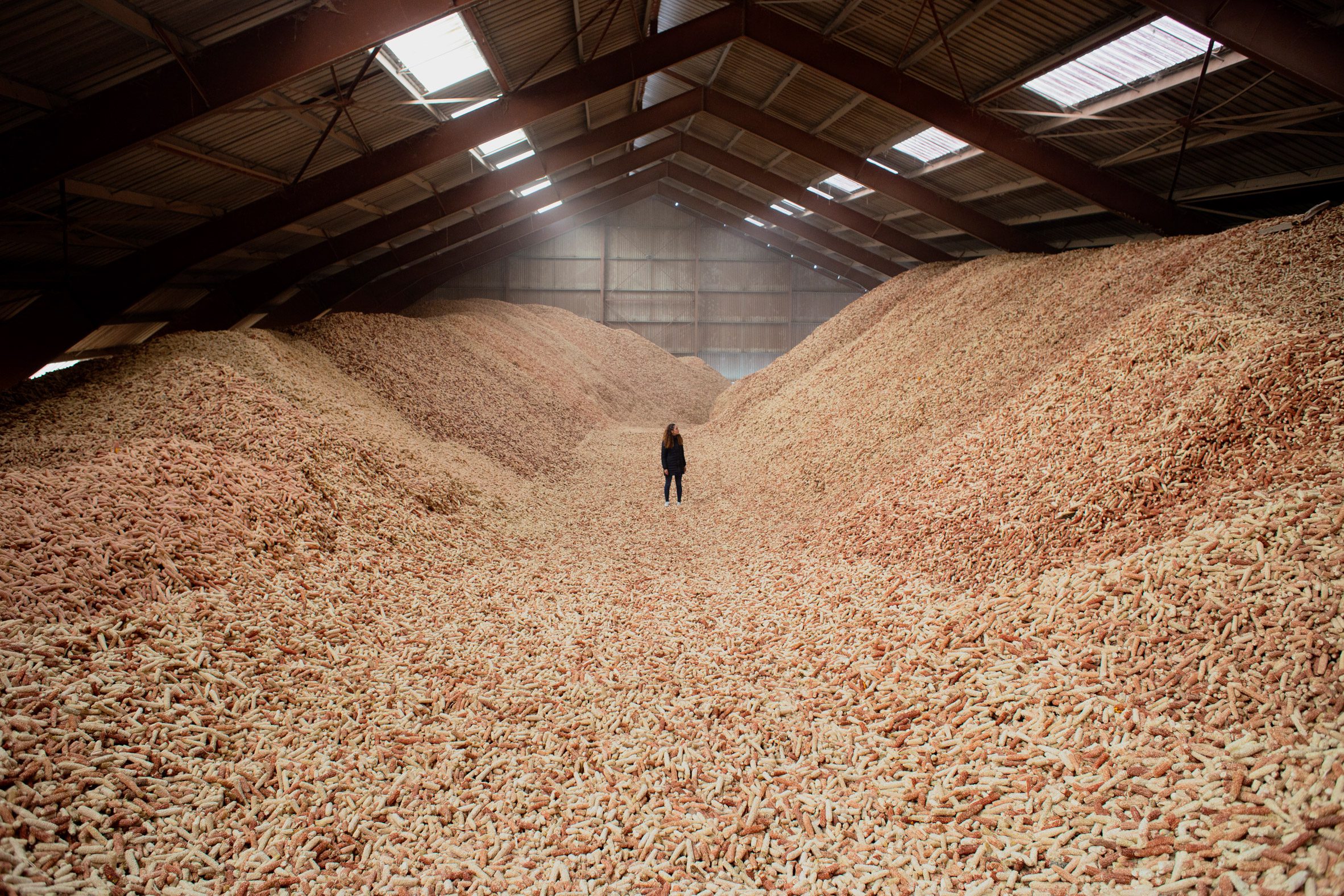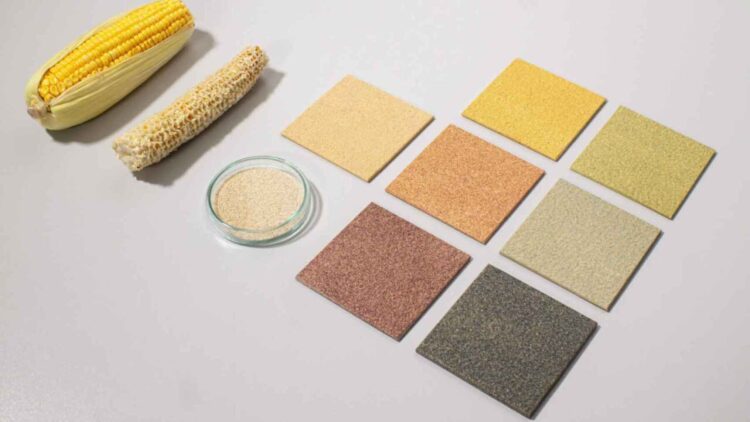The alarming climate crisis has necessitated an urgent transformation in many industries, such as CornWall. The reliance on tiles in the past years has seen it being used in all building constructions, large scale or small scale. The climatic situation has prompted these industries to reevaluate their contribution to the environment, including the construction industry. In response, engineers and architects are taking up the challenge and bringing forth innovative ideas. This includes ideas such as stepping up their efforts to alter traditional building materials and replace them with more eco-friendly ones.
It also promotes the adoption of innovative approaches that prioritize sustainability in the construction industry. Recently, two European construction industry joined their ideas and ambitions to present this revolutionary alternative, dubbed the name CornWall. Made out of corn kernels, this revolutionary project takes advantage of using food scraps as its main raw material. It also takes advantage of resources that would otherwise be discarded.
The Significance of this Innovative Construction Project: CornWall
One of the major advantages that the implementation of this innovative project seeks to offer is considerable cost savings. The collaboration to realize the use of corn in the construction industry is an ingenious idea, especially in the reduction of food waste. Furthermore, it also brings tangible economic benefits by offering a cost-effective alternative solution for the construction industry. CornWall is a living example of the circular economy’s power to inspire not only transformative but also innovative solutions. CornWall, a new building material made from corn waste, is revolutionizing the way we construct our homes and buildings. Not only is this material an aesthetically appealing option, with a variety of colors and sizes available, but it is also an ingenious response to the environmental challenges we face. it is eaten at the cinema, can be glued, and is available in 8 different colors.jpg)
Also read:
The Benefits of Using Corn Waste as a Construction Alternative to Tiles
One of the main advantages of CornWall is its reduced environmental impact. The material is manufactured using corn waste instead of non-renewable resources. This is a significant step towards sustainability in the construction industry. The use of corn waste as a biodegradable and renewable resource ensures that it is eco-friendly. It replaces the use of conventional materials such as cement or plastics in construction. 
Furthermore, CornWall drastically reduces the amount of carbon emitted during the manufacture of tiles. This building material further impresses by the fact that it is not only cleaner to produce but also possesses the unique ability to capture and store CO2. This occurs throughout the long service life that these new forms of tiles will offer. This idea suggests that we are not only building homes and buildings to live in. It also means that we are constructing carbon reservoirs that will immensely facilitate the mitigation of the effects and impacts of global warming.
Construction Projects in which this New Alternative Construction Idea Can be Implemented in
Dutch brand StoneCycling and Belgian brand Circular Matters are leading a movement that aims to be at the front line in implementing CornWall. The companies are willing to demonstrate not only the feasibility but also the beauty and quality of structures built from waste. They aim to challenge conventional perceptions of construction. They also seek to highlight the creative potential of using recycled materials in architectural projects. These companies are embracing the future and trying to chart a course that will ensure it is integrated into the construction industry. It will entail a unique combination of conscious aesthetic designs and technical innovation to ensure that CornWall flourishes. This new organic material is going to revolutionize everything we know about sustainable construction. The use of tiles will cease to be a trend that consumes large amounts of water and other resources to consolidate as a suitable alternative.
Also read:
Breaking Ground: Popcorn-Powered Future Homes – Say Goodbye to Traditional Building Methods
